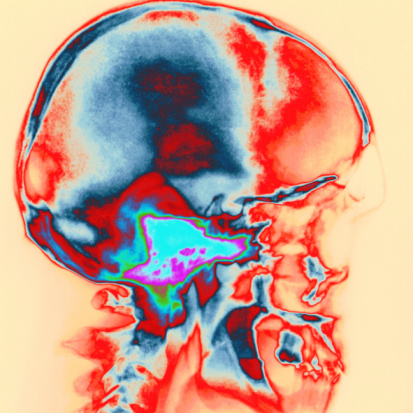Concussions have often appeared in the news recently, because failure to treat them can have devastating consequences. Concussions, like any other traumatic brain injury, need appropriate evaluation and treatment. No longer considered a minor bump resulting in only a skipped game or a brief rest to cure, sports concussions are now taken seriously by coaches and health care professionals.
Concussions: The Invisible Injury
Because the extent of damage is difficult to see and evaluate, concussions are called invisible injuries. Medical experts are deeply concerned about poorly managed concussions, because research shows that concussions can cause serious damage. We are just beginning to understand how dangerous concussions can be. According to Dr. Mark Lovell, interviewed in the Pittsburgh Post-Gazette, “The brain runs things. We do not understand it as well as other organs in the body because it is so complicated. We’re learning by leaps and bounds, yet almost everything we know about concussions we’ve learned in the last five to 10 years.”
A Way to Measure the Damage
New treatments and tests are increasing our store of knowledge. Dr. Lovell co-created and developed ImPACT (Immediate Post-concussion and Cognitive Testing) at the University of Pittsburgh. First used by professional football, ImPACT is now used at all levfels of athletics, including youth, high school and college sports. ImPACT uses computer-based tests to create pre-concussion cognitive baseline testing and to judge the severity of concussions that occurred during play. Taken together, these measurements help coaches and health care providers plan for the safe return of athletes to contact sports.
According to Science Daily, since the development of ImPACT, similar tests have been devised, such as the Sport Concussion Assessment Tool-2 (SCAT2), at A.T. Still University. In a press release, SCAT2 findings were presented at the American Orthopaedic Society for Sports Medicine’s July 2011 Annual Meeting in San Diego. The research showed that coaches needed a way to show cognitive markers for each athlete because every person responds differently to head injury.
Cognitive Testing and Clinical Evaluation: A Combined Approach
The baseline and post-concussion cognitive testing model is just one tool for protecting athletes from the dangers of concussion. Relying solely on the test, particularly if it is improperly administered, risks returning players to active play earlier than is safe. Neuropsychologist Christopher Randolph, PhD, makes the argument for a multi-focus evaluation in the journal Current Sports Medicine Reports, as reported by USATODAY.COM in June of 2011. Randolph suggests health care professionals “may be better advised to rely upon their own clinical judgment, in conjunction with a validated symptom checklist, in making return-to-play decisions.”
Contact Us
If a sports related concussion has affected you, your child or loved one, contact our experienced attorneys today. Our free consultation provides an outline of the legal rights and options available to you and to determine if compensation is available. The law limits the time allowed to file an injury claim, so act quickly.


